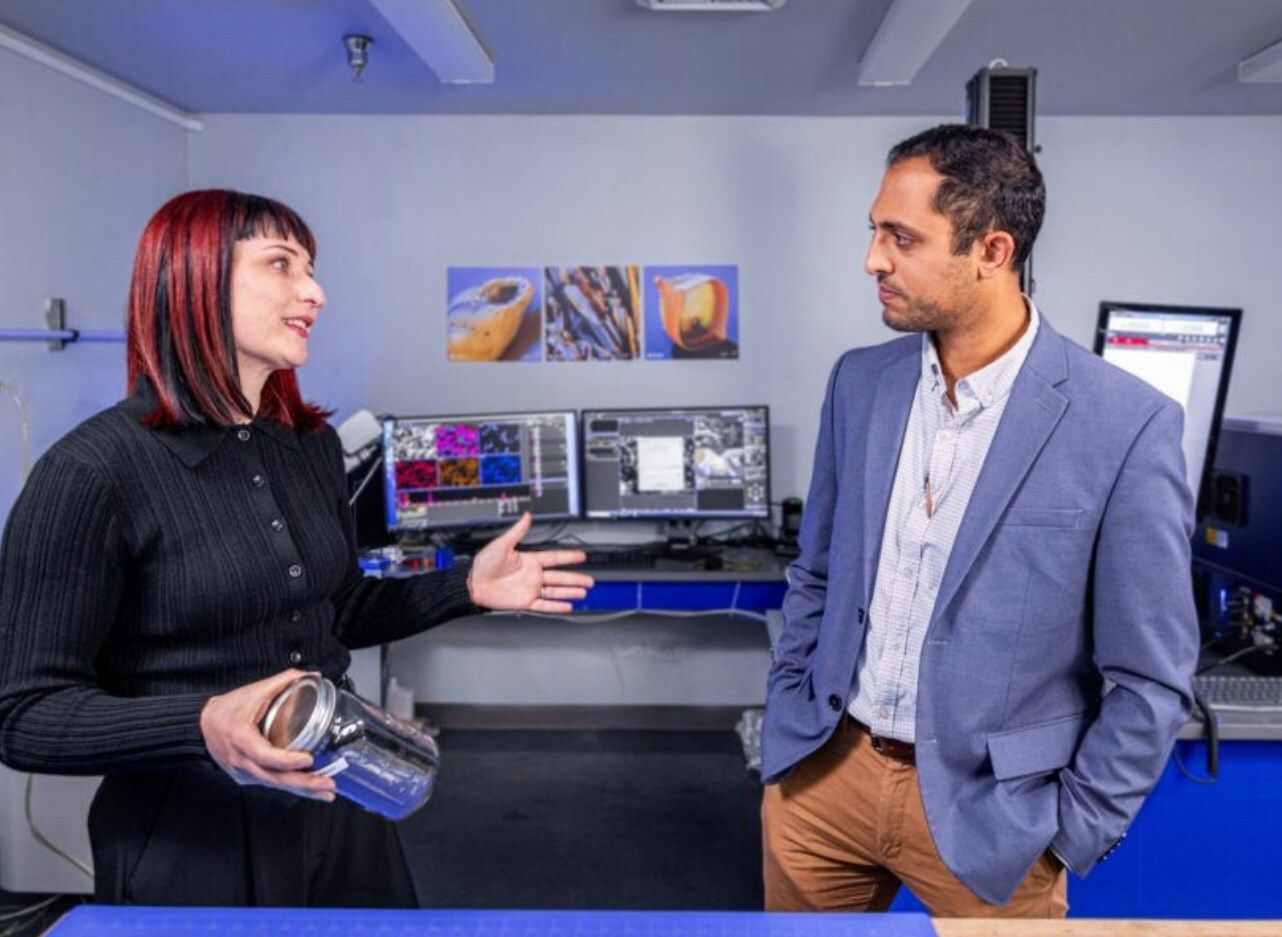- EV Tech Insider
- Posts
- Dragonfly Energy reports success manufacturing batteries without forever chemicals using dry electrode process
Dragonfly Energy reports success manufacturing batteries without forever chemicals using dry electrode process

Dragonfly Energy reports it has successfully produced lithium battery cells with PFAS-free electrodes. This development comes in response to growing concerns about the environmental and health risks associated with PFAS (per- and polyfluoroalkyl substances), commonly referred to as “Forever Chemicals”. The European Union (EU) and US Environmental Protection Agency (EPA) are proposing restrictions on the use of PFAS, widely used in the lithium battery industry, particularly in electrode production.
Dragonfly Energy says its proprietary dry electrode battery manufacturing process was instrumental in achieving this breakthrough. The process, which does not use toxic solvents, has a 22% smaller manufacturing footprint, is 25% less energy-intensive, and has a 9% reduced carbon footprint compared to conventional manufacturing methods.
The EU is considering a ban on over 10,000 PFAS chemicals, which could come into effect as early as 2026. This proposed ban, aimed at protecting public health and the environment, could pose a significant challenge to the European battery industry, which is currently in a critical growth phase.
Dragonfly Energy is exploring international partnership opportunities, including licensing its scalable cell manufacturing process and jointly developing next-generation battery cells tailored for new markets. The company’s strategic approach positions it to address the growing global demand for clean energy solutions.
Denis Phares, Chief Executive Officer of Dragonfly Energy, said, “At Dragonfly Energy, we are deeply committed to the dual imperatives of environmental sustainability and technological advancement. This breakthrough by our team exemplifies this commitment. By successfully demonstrating the removal of persistent forever chemicals from lithium battery cells, we believe we are well-positioned to address a critical challenge facing the future of energy storage.”